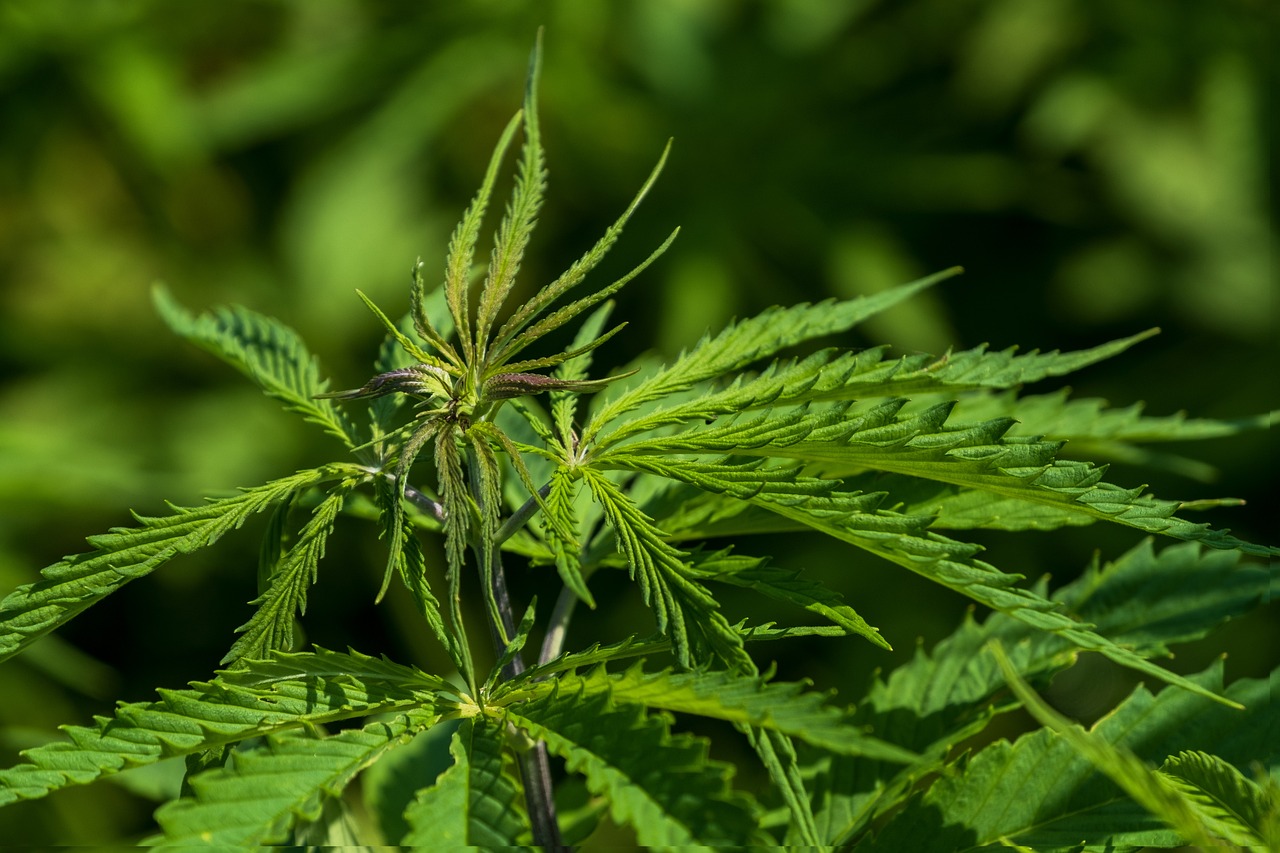-
Table of Contents
- THCA Flower: Pure Cannabis in Its Most Potent State
- Understanding THCA
- How THCA Converts to THC
- Benefits of THCA Flower
- THCA Flower vs. Traditional Cannabis
- Psychoactive Effects
- Therapeutic Applications
- Case Studies and Research
- Case Study: THCA for Epilepsy
- Research on Anti-inflammatory Effects
- How to Use THCA Flower
- Raw Consumption
- Topical Applications
- Juicing
- Legal Considerations
- Conclusion
THCA Flower: Pure Cannabis in Its Most Potent State
THCA flower represents a unique and potent form of cannabis that has garnered significant attention in recent years. This article explores the characteristics, benefits, and potential applications of THCA flower, providing valuable insights for both enthusiasts and newcomers.
Understanding THCA
THCA, or tetrahydrocannabinolic acid, is a non-psychoactive cannabinoid found in raw and live cannabis plants. Unlike THC, which is well-known for its psychoactive effects, THCA does not produce a high. Instead, it offers a range of potential therapeutic benefits.
How THCA Converts to THC
THCA converts to THC through a process called decarboxylation. This occurs when cannabis is exposed to heat, such as during smoking, vaping, or cooking. The heat removes a carboxyl group from the THCA molecule, transforming it into THC and activating its psychoactive properties.
Benefits of THCA Flower
THCA flower offers several potential benefits, making it an attractive option for those seeking the therapeutic properties of cannabis without the high associated with THC.
- Anti-inflammatory Properties: Research suggests that THCA may help reduce inflammation, making it beneficial for conditions like arthritis and other inflammatory diseases.
- Neuroprotective Effects: Studies indicate that THCA may have neuroprotective properties, potentially aiding in the treatment of neurodegenerative diseases such as Alzheimer’s and Parkinson’s.
- Anti-emetic Benefits: THCA has shown promise in reducing nausea and vomiting, which can be particularly helpful for patients undergoing chemotherapy.
- Antioxidant Properties: THCA may act as an antioxidant, helping to protect cells from damage caused by free radicals.
THCA Flower vs. Traditional Cannabis
Comparing THCA flower to traditional cannabis highlights several key differences that can influence a user’s choice.
Psychoactive Effects
Traditional cannabis, when heated, converts THCA to THC, resulting in psychoactive effects. In contrast, THCA flower remains non-psychoactive unless decarboxylated, making it suitable for those who wish to avoid the high.
Therapeutic Applications
While both THCA and THC offer therapeutic benefits, the non-psychoactive nature of THCA makes it a preferable option for patients who need relief without impairment. This can be particularly important for individuals who need to maintain daily functionality.
Case Studies and Research
Several studies and anecdotal reports highlight the potential benefits of THCA flower.
Case Study: THCA for Epilepsy
A study published in the journal “Epilepsy & Behavior” examined the effects of THCA on patients with epilepsy. The results indicated a significant reduction in seizure frequency, suggesting that THCA could be a valuable treatment option for epilepsy patients.
Research on Anti-inflammatory Effects
A study conducted by the National Center for Biotechnology Information (NCBI) explored the anti-inflammatory properties of THCA. The findings demonstrated that THCA could effectively reduce inflammation, supporting its potential use in treating inflammatory conditions.
How to Use THCA Flower
There are various methods to consume THCA flower, each offering different benefits and experiences.
Raw Consumption
Consuming THCA flower in its raw form preserves its non-psychoactive properties. This can be done by adding raw cannabis to smoothies, salads, or other dishes.
Topical Applications
THCA can be infused into topical products such as creams and balms. These can be applied directly to the skin to target localized pain and inflammation.
Juicing
Juicing raw cannabis is another popular method to consume THCA. This method allows users to ingest a concentrated dose of THCA while retaining its non-psychoactive benefits.
Legal Considerations
The legal status of THCA flower varies by region. In some areas, THCA is considered legal as long as it remains in its non-psychoactive form. However, once decarboxylated into THC, it may fall under different regulations. It’s important to research and understand the laws in your specific location before purchasing or using THCA flower.
Conclusion
THCA flower offers a potent and versatile option for those seeking the therapeutic benefits of cannabis without the psychoactive effects. With its anti-inflammatory, neuroprotective, and anti-emetic properties, THCA has the potential to provide relief for a variety of conditions. As research continues to uncover the full range of benefits, THCA flower may become an increasingly popular choice in the world of cannabis.
